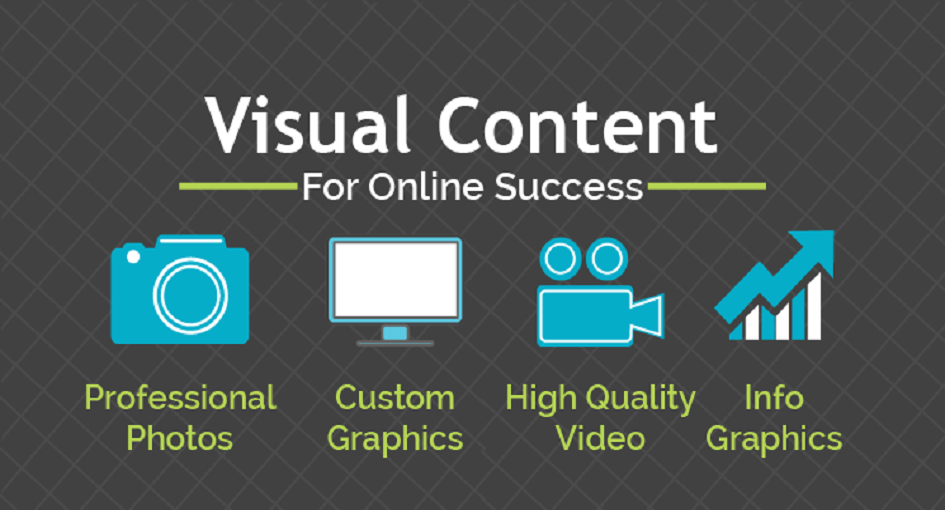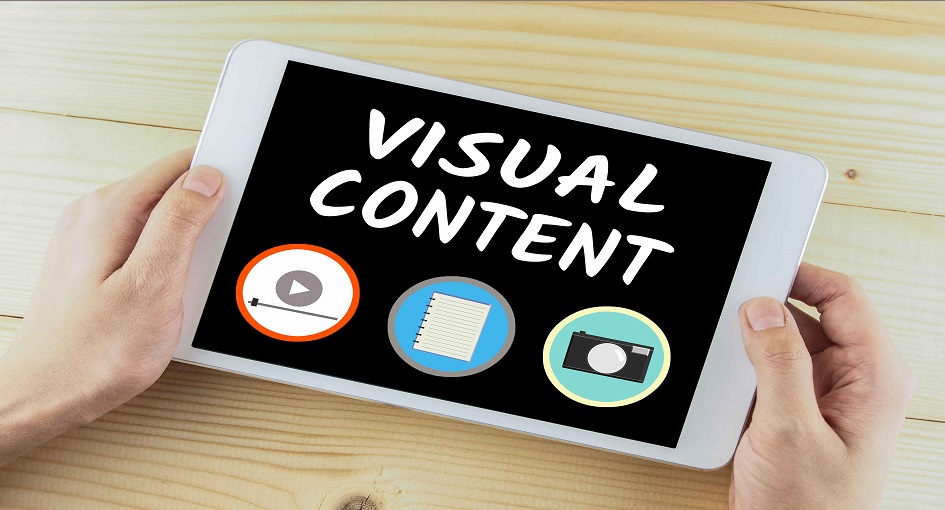
In the digital age, content marketing has become a cornerstone of successful online strategies. Among the various forms of content, visual content has emerged as a highly effective and engaging tool for conveying messages, building brands, and capturing the attention of audiences. This article will explore five compelling reasons why visual content is not only powerful but also essential in today’s content-driven world.
The human brain processes visual information significantly faster than text. Visual media, such as images, infographics, and videos, can convey complex messages in a fraction of the time it takes to read a block of text. This rapid processing makes Visual media ideal for capturing the fleeting attention spans of online audiences.
Moreover, visuals are more likely to be remembered. Research shows that people tend to remember only about 10% of the information they hear after three days, but when that information is paired with a relevant image, retention rates jump to 65%. Visual media aids in creating a lasting impression, ensuring that your message lingers in the minds of your audience.
One of the primary goals of content marketing is to engage and connect with your target audience. Visual media excels in this regard by offering multiple avenues for engagement:

Visual media plays a pivotal role in establishing and reinforcing brand identity. Consistent use of brand colors, fonts, logos, and visual themes across your Visual media helps create a strong brand presence. Over time, these elements become associated with your brand, making it instantly recognizable to your audience.
When people encounter visually consistent content across different channels and platforms, they are more likely to remember and trust your brand. This recognition fosters a sense of familiarity and credibility, ultimately boosting brand awareness.
Complex or data-heavy information can be challenging to convey through text alone. Visual media, such as infographics and data visualizations, simplifies the communication of intricate details. By presenting information visually, you make it easier for your audience to digest and retain key points.
For instance, a well-designed infographic can break down a lengthy report into digestible sections, making statistics and trends more comprehensible. This not only benefits your audience but also positions you as an authority in your field by effectively conveying valuable information.
Search engines prioritize content that engages users, and Visual media excels in this regard. Websites that incorporate visual elements like images and videos often experience lower bounce rates and longer session durations, signaling to search engines that the content is valuable and engaging.
Additionally, alt text, captions, and metadata associated with Visual media provide opportunities for keyword optimization, improving your website’s search engine rankings. Visual media also encourages social sharing, which can lead to increased inbound links—a significant factor in SEO.
In conclusion, visual content has become a dominant force in the world of digital marketing and content creation for several compelling reasons. Its ability to convey messages quickly, enhance engagement, boost brand recognition, simplify complex information, and improve SEO and discoverability makes it a highly effective tool for marketers and content creators.
As the digital landscape continues to evolve, visual content will remain an essential component of successful content marketing strategies. To harness its full potential, businesses and content creators should invest in high-quality visuals that align with their brand identity and engage their target audience effectively. By leveraging the power of Visual media, you can convey your message with impact, stand out in a crowded digital space, and forge meaningful connections with your audience.